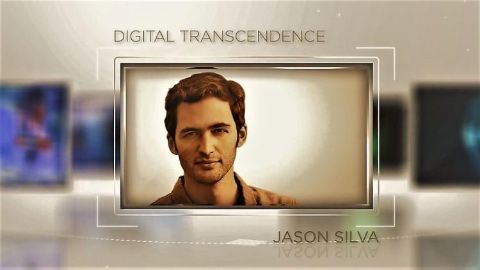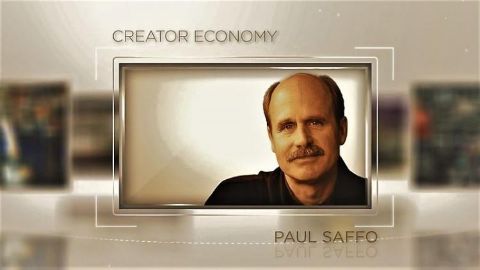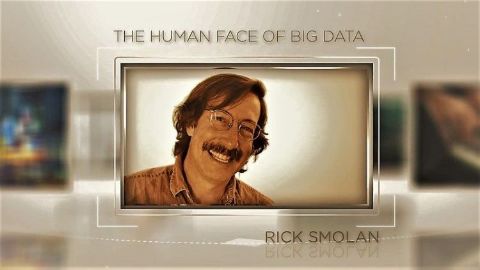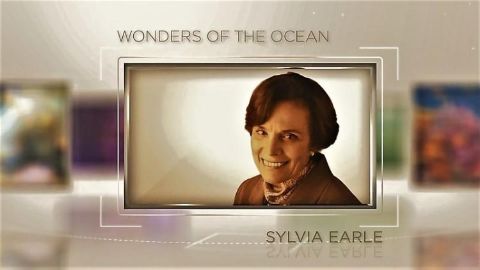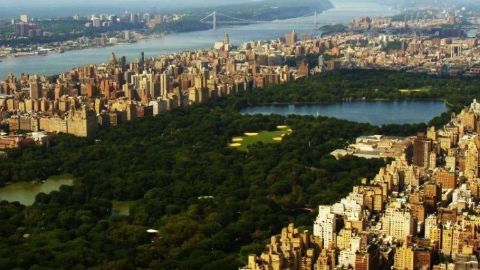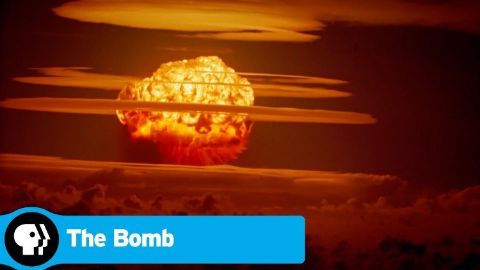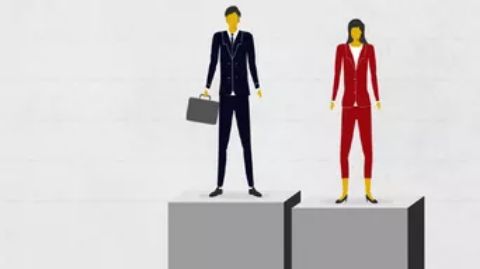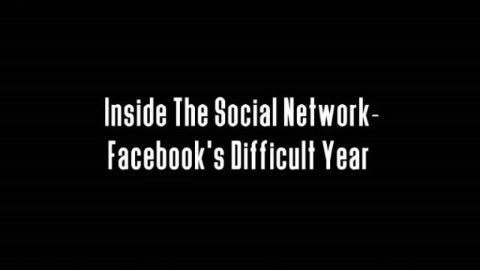Conscious Capitalism • 2015 • episode "S1E5" • Curiosity Retreats: 2015 Lectures
How has Capitalism affected the world? Raj Sisodia, economic analyst, takes us back to pre-Industrial Revolution to show how our standard of living has improved. But now , he feels, it is time for another kind of capitalism - conscious capitalism - based on a value system deeper than profits.
Make a donation
Buy a brother a hot coffee? Or a cold beer?
Hope you're finding these documentaries fascinating and eye-opening. It's just me, working hard behind the scenes to bring you this enriching content.
Running and maintaining a website like this takes time and resources. That's why I'm reaching out to you. If you appreciate what I do and would like to support my efforts, would you consider "buying me a coffee"?
Donation addresses
BTC: bc1q8ldskxh4x9qnddhcrgcun8rtvddeldm2a07r2v
ETH: 0x5CCAAA1afc5c5D814129d99277dDb5A979672116
With your donation through , you can show your appreciation and help me keep this project going. Every contribution, no matter how small, makes a significant impact. It goes directly towards covering server costs.



